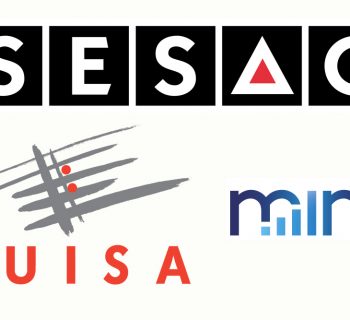Should you try to arbitrate your music industry dispute? The short answer is: it depends.
If you have a written contract that provides that any dispute will be resolved by binding arbitration, then you must arbitrate. Even if there is no provision for binding arbitration in a contract, the parties can still stipulate (agree) to binding arbitration.
The traditional thinking is that binding arbitration may be a quicker way than litigation to resolve disputes. However, depending on the jurisdiction, it may not be all that quicker. Another factor to consider is the cost. I recently had a case where the arbitration company required a $40,000 payment to begin the process. If you were to go to court, for instance, in L.A. County, CA, it would only cost a $435 filing fee to begin litigation. So initially arbitration may be more expensive. However, if a court case goes all the way to trial, the expenses could exceed what an arbitration costs, since there is usually more extensive discovery in litigation, more motions and a longer trial.
An arbitration provision in a contract will generally designate the company that will conduct the arbitration, such as AAA or JAMS. If you choose arbitration you will have to pay the arbitration company’s fees as well as the fees of the arbitration. Arbitrators often charge $500 or more per hour.
There is usually more choice as to who the arbitrator is in an arbitration as opposed to court where you are assigned a judge. With arbitrations, you generally will have a choice of a number of retired judges to act as the arbitrator. There are various ways to choose the arbitrator, but if the parties cannot agree, then the arbitration company will have procedures to select one.
You should consider your right to appeal in deciding how you want to resolve your dispute. If you lose a case in litigation you can appeal it. But there are very limited grounds to appeal an arbitration award. You may regret giving up your right to appeal if you lose your arbitration.
Another possible advantage of arbitration is that it is more relaxed and informal. A trial will take place in court. Arbitrations are held in a conference room of an office. And, the rules of evidence are generally more relaxed in an arbitration proceeding.
Litigation is generally a matter of public record, so it is not confidential. However, arbitration proceedings will usually remain confidential, which may be advantageous to some parties.
If you obtain an arbitration award will the arbitrator enforce it? The answer is no. The procedure is usually you file a petition with the court to enter the arbitration award as a judgment which you can then enforce. The court will routinely grant these petitions with few exceptions.
So, should you agree to binding arbitration? You should consider all the issues discussed above and retain an experienced attorney to advise you.














